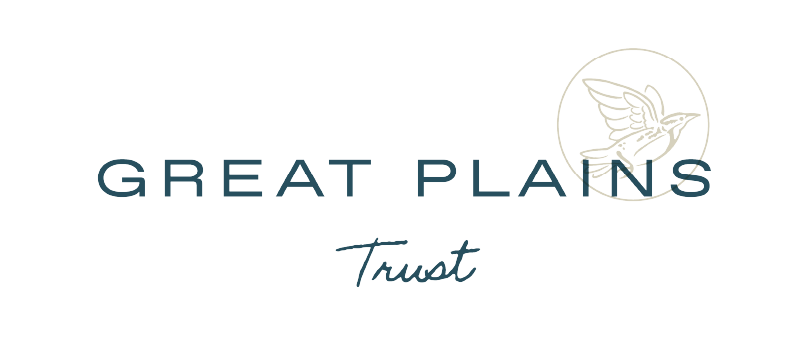As we move into tax season, we would like you to be aware of some helpful information published by the IRS referred to as the “Dirty Dozen.” Typically updated each year, this list is comprised of the latest in scams and trending tax-related problems. We have summarized the “Dozen” below; please see IRS.gov for more detailed information.
The first nine to make the list can be categorized as “red flags” to the IRS. Including anything like them on your return is likely to result in increased scrutiny and aggressive enforcement in the event of an audit:
1) “Employee Retention Credits (ERC). These are promoted to ineligible taxpayers with promises of large refunds but are often merely masked attempts to collect your personal information.
2) Similarly, Fuel Tax Credits are generally meant for off-highway and farming businesses and are not available to most taxpayers. However, unscrupulous promoters may lead taxpayers to erroneously claim them.
3) “Fake charities” exploit generous taxpayers by taking 1) their money and 2) sometimes their identity as well. Keep in mind that taxpayers may claim deductions for certain charitable donations, but only for those made to qualified tax-exempt organizations recognized by the IRS (other rules, such as itemization, also apply). Always check out new charities before giving.
4) Most tax return preparers are accurate, professional, and do the right thing, but unscrupulous ones can flag your return for the IRS. Think twice about any who base fees on the size of the refund, refuse to sign the return, or are unwilling to provide a Preparer Tax ID Number. Never sign an incomplete return.
5) The IRS reported several examples of inaccurate or misleading tax information on social media and will be prepared to spot anyone relying on it. In preparing your return, you should rely only on a qualified professional or the IRS.
6) Offers in Compromise are programs to help people who cannot pay to settle their tax debts. However, they are only available to those who meet certain qualifications. Taxpayers can check their eligibility for free by using the IRS Offer in Compromise Pre-Qualifier tool.
7) The IRS has listed Charitable Remainder Annuity Trusts (CRATs) and Monetized Installment Sales as examples of schemes aimed at high income filers. While sometimes legitimate, these methods are also misused to unlawfully avoid taxes. They should not be used without professional guidance and careful thought.
8) A few other tactics included on the list are “bogus tax avoidance strategies,” including a) micro-captive insurance companies that lack the attributes of legitimate insurance, and b) abusive use of conservation easements.
9) Finally, and perhaps the most notorious: “the IRS continues to scrutinize attempts to hide assets in offshore accounts and accounts holding digital assets, such as cryptocurrency…and nominee entities.” Although often promoted as “out of reach” for the IRS, they are not.
The final three to make the “Dirty Dozen” list pertain to common identity theft scams:
10) Smishing (texts) and Phishing (emails) are unsolicited messages which appear to be from the IRS or other legitimate organizations. They can be especially tricky by mentioning bills or refunds. However, they are actually masked attempts to get personal information. According to their website, the IRS generally initiates contact through regular mail and will never initiate contact about a bill or refund through email, text, or social media.
11) Spear phishing is the same as phishing, but specifically tailored toward certain businesses. Successful spear phish operations create access to entire databases and as a result, can lead to harm on a large scale.
12) The final group of swindlers mentioned are those posing as “helpful” third parties offering to assist taxpayers set up online accounts with the IRS. In doing so, they steal personal information. If you need an online account, you can and should set it up yourself at IRS.gov.


